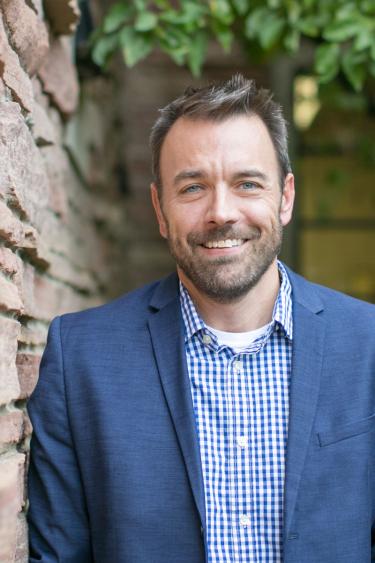(For complete list of publications, please see the faculty member's curriculum vitae.)
Edited Volumes
Kirshner, B. (Ed.). (2007). Special issue: Youth activism as a context for learning and development. American Behavioral Scientist, 51(3).
Articles
Kirshner, B. & Jefferson, A. (2015). Participatory Democracy and Struggling Schools: Making Space for Youth in School Turnarounds. Teachers College Record, 117(6).
Kirshner, B. & Ginwright, S. (2012). Youth Organizing as a Developmental Context for African American and Latino Adolescents. Child Development Perspectives, 6(3), 288-294.
Kirshner, B. & Pozzoboni, K. M. (2011). Student Interpretations of a School Closure: Implications for Student Voice in equity-Based School Reform. Teachers College Record, 113(8), 1633-1667.
Kirshner, B., Possoboni, K., & Jones, H. (2011). Learning How to Manage Bias: A Case Study of Youth Participatory Action Research. Applied Developmental Science, 15(3), 140-155.
Kirshner, B., Salvdivar, M. G., & Tracy, R. (2011). How first-generation students learn to navigate education systems: A case study of First Graduate. New Directions for Youth Development, 2011, 107-122.
Kirshner, B. (2010). Productive Tensions in Youth Participatory Action Research. Yearbook of the National Society for the Study of Education, 109(1), 238-251.
Strobel, K., Kirshner, B., McLaughlin, M.W., & O’Donoghue, J. (2008). Qualities that attract urban youth to after-school settings and promote continued participation. Teachers College Record, 110(8), 1677-1705.
Kirshner, B. (2008). Guided participation in three youth activism organizations: Facilitation, apprenticeship, and joint work. Journal of the Learning Sciences, 17(1), 60-101.
Kirshner, B. (2007). Supporting youth participation in school reform: Preliminary notes from a university-community partnership. Special issue of Children, Youth and Environments: Pushing the Boundaries: Critical International Perspectives on Child and Youth Participation, 17(2).
Kirshner, B., Strobel, K., & Fernandez, M. (2003). Critical civic engagement among urban youth. Penn GSE Perspectives on Urban Education, 2(1).
Nasir, N. & Kirshner, B. (2003). The cultural construction of moral and civic identities. Applied Developmental Science, 7, 138-147. Lawrence Erlbaum Associates, Inc.
Kirshner, B. (2003). Reflecting on moral development and education [Review of the book, Education in the Moral Domain (2001), L. Nucci, New York: Cambridge University Press.] Mind, Culture, and Activity, 10(3), 260-265. Lawrence Erlbaum Associates, Inc.
Book Chapters
Kirshner, B. (2006). Moral voices of politically engaged urban youth. In New directions for youth development: Shaping the ethical understandings of youth, No. 108. San Francisco: Jossey-Bass (Wiley Periodicals, Inc.).
Kirshner, B., O'Donoghue, J., & McLaughlin, M. W. (2005). Youth-adult research collaborations: Bringing youth voice to the research process. In J. Mahoney, R. Larson, & J. Eccles (Eds.), Organized activities as contexts of development: extracurricular activities, after-school and community programs. Mahwah, NJ: Lawrence Erlbaum Associates, Inc.
O' Donoghue, J., Kirshner, B., & McLaughlin, M. W. (2003). Moving youth participation forward. In New Directions for Youth Development: Theory, Practice and Research, No. 96. San Francisco: Jossey-Bass (Wiley Periodicals, Inc.).

